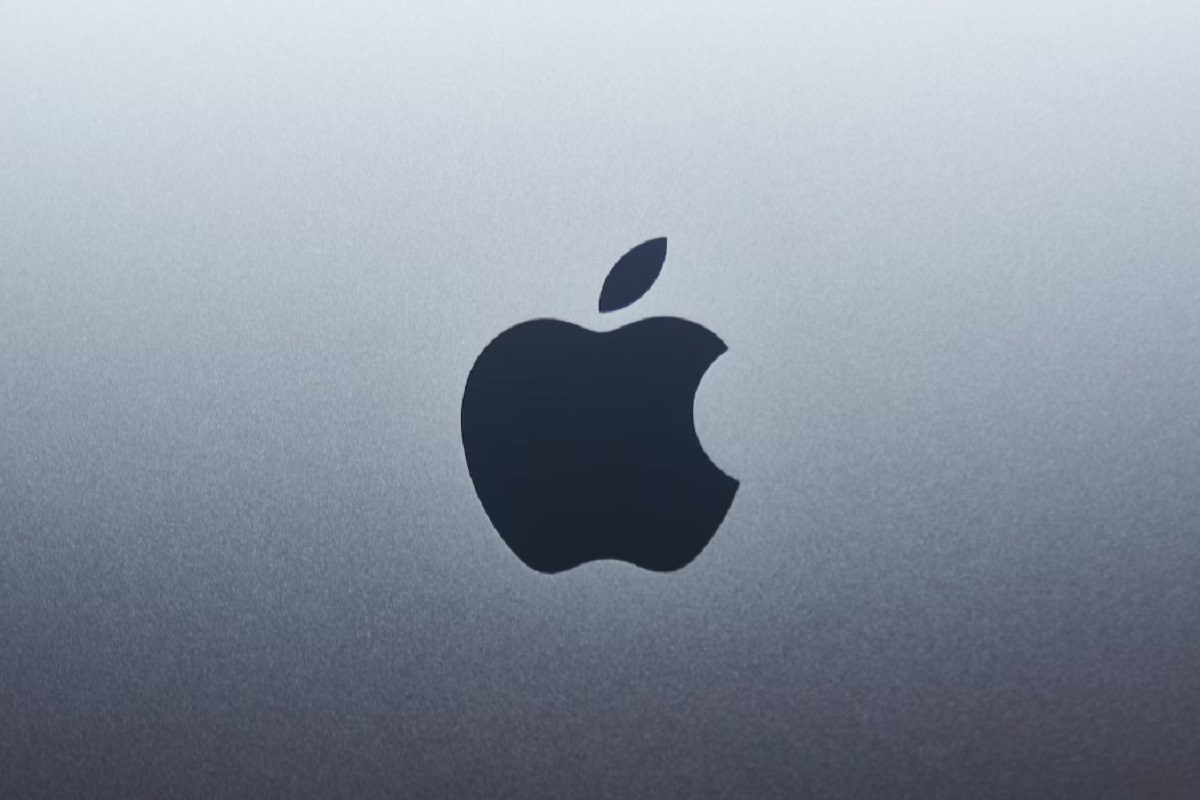For the first time in the history of the American technology giant Apple, samples of a new smartphone model of the iPhone line produced in India can go on sale on the day the next generation of development appears on the global market.

Apple plans to launch sales of specimens of the iPhone 15, produced by an Indian factory, in this country of South Asia and some other regions, about which there is no data yet. This information was reported by the media with reference to insiders who are aware of the commercial plans of the technology giant. At the same time, the vast majority of iPhone 15s will be shipped from China.
Insiders, who spoke to media representatives on condition of anonymity and stressed the private nature of the issue, said that this would be the first time that a smartphone of the latest generation assembled in India would appear on the market on the first day of sales.
According to experts, the technology giant’s intention to sell specimens of the new generation iPhone is a kind of evidence of India’s increased manufacturing prowess. Also, the company’s current plans signal a gradual departure from the strategy of selling devices assembled mainly in China.
The media reports that the iPhone 15 will go on sale before the end of September.
The tech giant launched the assembly of a new generation smartphone in August at the factory of the supplier Foxconn Technology Group, which is located in the southern Indian state of Tamil Nadu. This decision is an action within the framework of a larger company strategy, the goal of which is to reduce the gap between Apple’s operations in India and the main production bases in China.
The media, citing insiders, report that small delays in setting up the smartphone assembly process at an Indian factory may arise due to unforeseen problems related to logistics. Apple representatives did not respond to a request from journalists for comments on the likelihood of these difficulties.
The tech giant plans to unveil the iPhone 15, updated watches, and AirPods at a gala event at its headquarters in the United States on the morning of September 12, California time. The traditional marketing practice of the company provides that from the moment of presentation of new devices to the launch of their sales, as a rule, 10 days pass.
Prior to the iPhone 14’s debut, the tech giant paid little attention to Indian manufacturing facilities. This country lagged behind the pace of assembly of devices at Chinese factories for six to nine months.
Currently, most of the company’s device manufacturing plants are located in China. The largest factory is located in Zhengzhou City District. The number of employees of this plant, which resembles a small town, exceeds 300 thousand people. More than 500 thousand smartphones are assembled at this factory in one working day. However, the scale of the technology giant’s manufacturing base in China will gradually decrease as the company seeks to develop the assembly of devices at plants in India and Vietnam.
India has become an important geographical area for Apple. This conditional status of the country is due to several factors. The program of financial incentives for the development of the manufacturing sector, proposed by the government of Indian Prime Minister Narendra Modi and providing financial support to foreign companies, in a certain sense, successfully coincided with the beginning of the implementation of the technology giant’s strategy to activate the assembly of devices outside China. Also, in this case, an important factor is the tension between Washington and Beijing, due to which the United States restricts technological and economic cooperation with China, as a result of which American firms’ business opportunities in the Chinese market are limited.
Vietnam is interesting to Apple as a production site because of its geographical location, due to which the country is in close proximity to the main points of the company’s supply chain, among which, for example, China and Taiwan. This state also has free trade agreements with other East Asian countries and is a member of the Association of Southeast Asian Nations. Vietnam’s economy is also largely export-oriented. In March 2020, the technology giant launched the production of AirPods in this country. Over time, the assembly of the iPad, MacBook, and Apple Watch was established in Vietnam. As of the beginning of 2022, the production of brand devices was carried out at 11 factories located in this country.
There is information that the iPhone 15 will be the most significant update of the Apple smartphone line over the past three years. The new generation device will receive an update of the camera system. Also, the Pro models will be equipped with an improved 3-nanometer processor.
The debut of a new generation of smartphones is an important economic event for the tech giant. With a high degree of probability, the iPhone 15 will revive the company’s sales, which have shown a negative dynamic for three consecutive quarters against the background of falling consumer demand in the main markets, including the United States, Europe, and China.
The media reports that other Apple suppliers in India, including Pegatron and Wistron, are also likely to start assembling a new generation of smartphones soon. There have been no official reports on this yet.
The tech giant opened its first stores in India this year. The company considers the local market with rapid growth dynamics as a space of opportunities for retail and an important production base in the long term. In the second quarter of this year, the volume of iPhone sales in India showed a double-digit increase, reaching the maximum figure. At the same time, the tech giant does not report specific figures.
As we have reported earlier, Apple Reportedly Uses AI Chatbot to Assist Employees.









